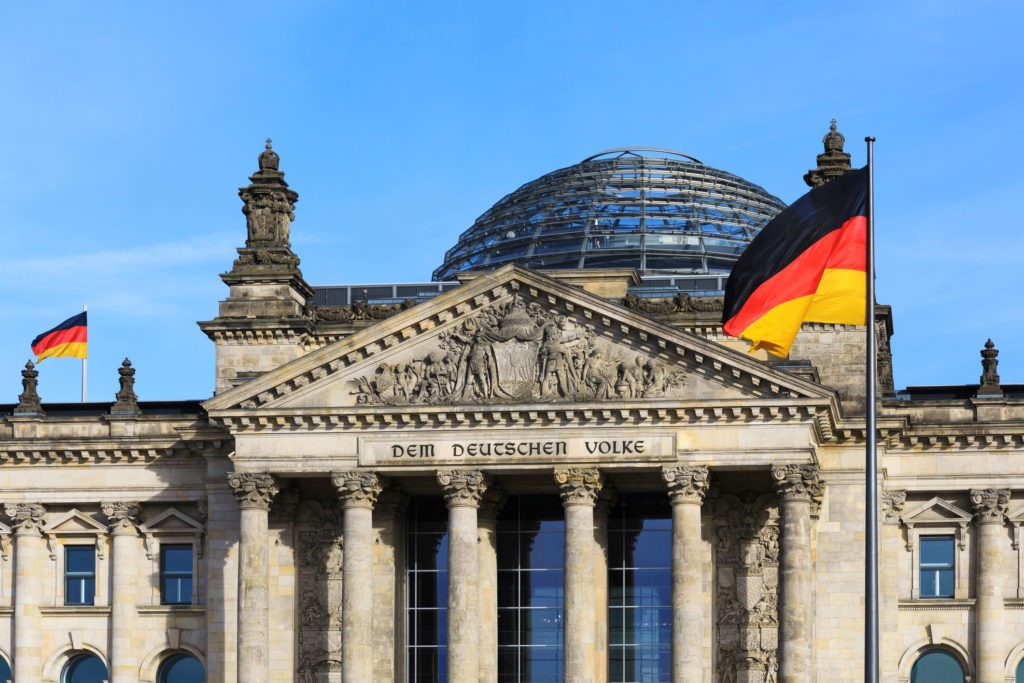German emissions recall program to start as timeframe for completion extended
21 December 2017

21 December 2017
Audi and Daimler have begun their upgrade program for Euro 5 vehicles agreed as part of a package of measures at the German diesel forum in August.
As part of a plan to avert potential city bans on diesel vehicles in Cologne, Munich and Stuttgart, vehicle manufacturers agreed to recall a total of 5.3 million vehicles with those vehicles that could not have their emission profiles remapped being part of a scrappage scheme incentive. The companies have been working on such a fix since June, although initially there was confusion surrounding who would pay for the recall.
Audi plans to improve around 850,000 diesel units and has been approved by the German Federal Office of Motor Vehicles to recall 4,700 A6 models with Euro 5 engines, having already implemented 15% of these, a spokesman told German news website Automobilwoche.
Meanwhile, Daimler wants to start its recall program with the Mercedes GLC, with 180,000 units sold throughout Europe, two-thirds of which feature a diesel engine. ′The software has already been developed and is available for approval from the KBA. We assume that we can bring the update to workshops promptly after confirmation by the authorities,’ a Daimler spokesperson told the website. In total, Daimler wants to reduce nitrogen oxide (NOx) emissions in three million diesel vehicles in Europe.
However, BMW is lagging behind its rivals, with updates for around 350,000 Euro 5 vehicles in preparation before their submission to the KBA. The manufacturer is currently testing the software in winter conditions.
Volkswagen (VW) has not announced where it is with the diesel recall program. The company is currently concentrating on removing ′defeat devices’ from vehicles as part of the Dieselgate scandal, with some drivers facing potential deregistration of their cars should they not adhere to the process.
There is no official timeframe for the recall work to be completed. Audi is expecting another mass recall of vehicles in March 2018, with the large amount of work the KBA needs to do to pass software and authorise recalls to blame. The entire program could run until 2019.
A Daimler spokesperson commented: ′Due to the high number of vehicles involved, the service response will take a long time overall,” said the spokesman. ′We are talking about more than 500 software variants, some of which have to be redeveloped to optimise all parameters.’
Meanwhile, Audi has said it is recalling 330,000 cars in Germany due to possible problems with electrical connections for the auxiliary heater that could cause fires.
A spokesman for the manufacturer said the recall affected A4, A5, A5 Cabriolet and Q5 models built between April 2011 and May 2015. He said a few customers had reported a smell of burning in their cars, but there had been no fires or other damage.